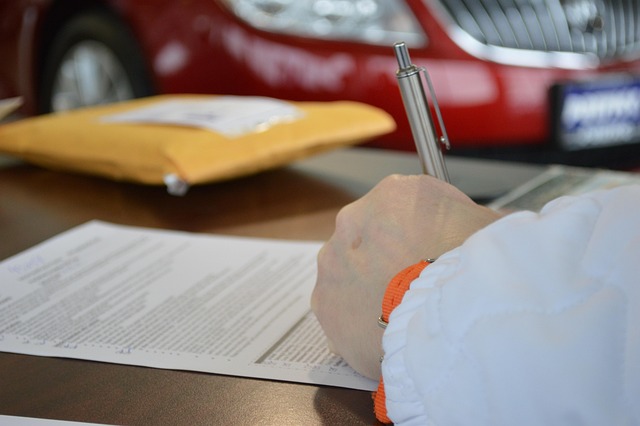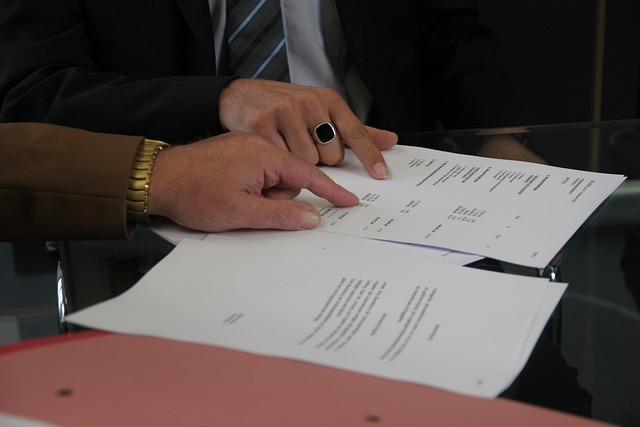Empowering global professionals: How Powers of Attorney can provide peace of mind for those working abroad
We are experiencing more global mobility than ever before both for personal travel and for business professionals working abroad. Amidst the excitement and challenges of having an international career, it is crucial to consider the practicalities of managing affairs back home. A Power of Attorney can provide valuable solutions for dealing with matters in your absence.
What is a Power of Attorney
A Power of Attorney is a legal document that allows a person (the donor) to appoint a trusted individual(s) (an attorney) to make decisions on your behalf. This could be in relation to your personal finances, dealing with property or in relation to health and welfare. Often a Power of Attorney is thought of as something to put in place in later life as most people think of Lasting Powers of Attorney and their use if you are no longer able to make decisions yourself. There are however different types and it may be that you are able to make decisions for yourself but you would like some assistance physically or, for instance where you are working abroad for long periods of time.
There are three main different types of power of attorney and you can set up more than one.
1. Ordinary power of attorney
This type of document does not need to be registered and can take effect to be very specific and time sensitive. This document will only be valid while you have mental capacity. If you lose mental capacity the document will no longer be valid and the named attorney(s) are no longer able to act. This document cannot cover any health or care matters. It is suitable if you need cover for a temporary period, for instance if you need someone to be able to pay bills on your behalf or if you need someone to sell a property on your behalf. Given the length of time to register Lasting Powers of Attorney, some people will put an ordinary power of attorney in place to give their attorney’s authority to act whilst they are waiting for Lasting Powers of Attorney to be registered.
2. Lasting power of attorney (LPA)
This type of document can be set up and used to cover decisions about your financial affairs and/or your health and care. There are two separate documents, one for finances and one for health. There is a formal procedure when creating these documents and they need to be registered with the Office of the Public Guardian before they can be used. The Financial LPA can come into effect as soon as it is registered and continue if you lose mental capacity whereas the Health LPA will only come into effect if you lose mental capacity. These documents will make sure you are covered now and in the future.
3. Enduring power of attorney (EPA)
These documents are the older style powers of attorney and were replaced by LPAs in October 2007. You can no longer make new EPAs however, if you made and signed an EPA before 1 October 2007, it should still be valid. An EPA will only cover decisions about financial affairs and will not cover any health or care matters. It can only be registered and used once mental capacity has been lost.
What can my attorney do while I’m working abroad?
Appointing an attorney under either an ordinary power or lasting power means that your attorney is able to legally act in your place. Essentially, they are able to do anything that you would be able to do. Whilst you retain mental capacity, your attorney must act on your instructions and must make decisions in your best interests.
As a property and financial affairs attorney, your attorney can make decisions about things like:
- money, tax and bills
- bank and building society accounts
- property and investments
- pensions and benefits
A Power of Attorney can be constructed by a lawyer to cover certain areas only. For example, a Power of Attorney can be set up in a way so that it only deals with selling and buying a specific property. Alternatively, it could be set up to allow access to a particular bank account to allow your attorney to continue to pay bills and manage your finances whilst you are away.
How can a power of attorney help me support my loved ones?
A Power of Attorney is the key document in helping families to help support their loved ones. This is the only document that will give you the legal authority to act on another person’s behalf. It is a misconception that the ‘next of kin’ will automatically be able to act on someone’s behalf and unfortunately, in these scenarios, there is no one legally able to act.
What is the process for putting in place a Power of Attorney?
Lasting Powers of Attorney are governed by the Office of the Public Guardian. You can fill out the forms yourself, or with the help of a solicitor. We would always recommend taking professional legal advice as this can prevent problems later on, especially if you’re unsure of the process or your affairs are complex.
Once the documents are completed, they will need to be registered with the Office of the Public Guardian before they can be used. There is a registration fee of £82 per document.
Ordinary powers of attorney should be drafted by a professional but do not need to registered and so can be used as soon as they are signed.
If you are considering making a Lasting Power of Attorney or Ordinary Power of Attorney and would like some guidance or specific advice, please contact Maddie by phone: 07743586283 or e-mail: madeline@ne-familylaw.co.uk




